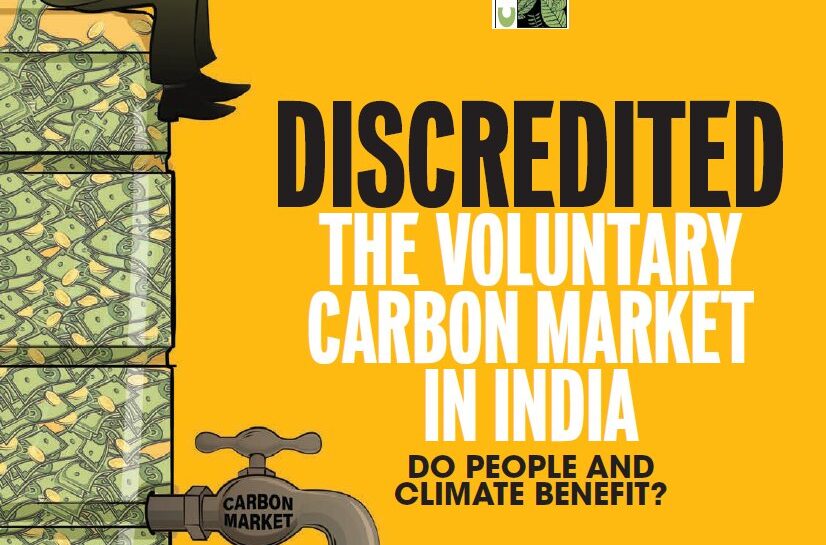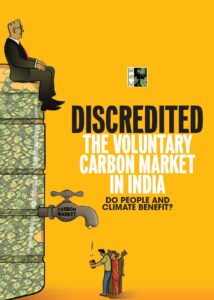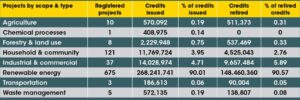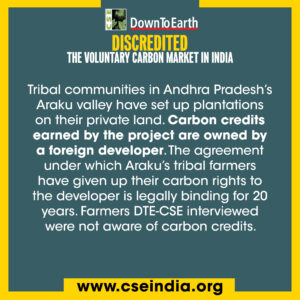
Indian carbon sector has a credibility issue. Centre for Science and Environment (CSE) recently brought out a report whose cover screamed Discredited: The Voluntary Carbon Market in India. While it was known that all is not well and there were murmurs, this was the most definitive takedown, so far.

Many who may not know CSE would know Amitav Ghosh, the famous writer. He tweeted and I quote “The Voluntary Carbon Market ‘isn’t benefiting climate or communities – it serves the interest of the retinue of project developers, verifiers & others who make a profit out of the lucrative carbon “business”‘. Just another greenwashing scam ” He used the word scam.
While, thankfully, the role of agricultural is still very small, there are reasons to be cautions. Currently, only 10 projects are registered in agriculture and together they account for .19% of credits issued. But their takedown of one of the most prestigious projects in Araku will hurt and for good reasons.


Two years back, we were trying to come up with a carbon product. We had the historical data of farmers and lands; clients who could be convinced about a POC and platform for all sorts of data capture. What we did not have is the science and calculations. I may have spoken with around 30 potential partners over the next three months.
Every single global agency was unsure about co-developing a product. Some were still experimenting with the science, many didn’t work on small farmer projects, many others wanted a ton of data before committing. Almost every one directed us towards the only European agency that was working with small farmers and we eventually formed a partnership on paper. But we were quite some distance away from doing a successful experiment, let alone sell credits. The biggest issue? Who is going to fund the multi-year POC?
An Indian entity ‘a leading Carbon Credit Developer & Supplier across the globe’ gave us the amount of money they can pay sugarcane farmers three years later in the very first meeting. Another had gone to town claiming a successful project and never talked about it again.
Sandeep, from VNV Advisory, all my respect to him was the sincerest. He refused to come on board unless a contract was signed that 80-90% of the earnings from the credits had to be passed down to the farmers. He was also the one who talked about baselines and the science of it.
I completely understand the rush to be the first. Most ignored the science and the method. The govt was caught sleeping. But just like the sports betting segment where every startup thought easy millions were waiting to be picked, the hammer does come down, eventually.
I hope the path forward will be science and patience first. And, the farmer too. Let us not forget her, she does all the work in carbon and has to make the most money.